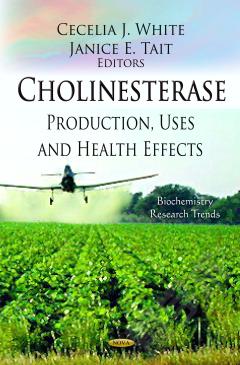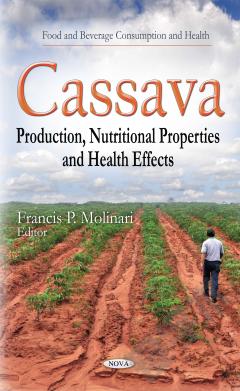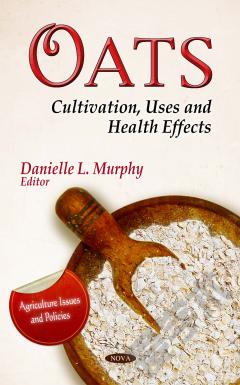Beer: Production, Consumption and Health Effects
Beer is defined as a fermented alcoholic beverage made of malted cereals, water, hops, and yeast. This alcoholic beverage has been consumed for thousands of years, when independent events revealed that some juices fermented when left in the open air, giving as a result a completely different product. The first chapter of this book aims to examine the role of beer in medicine from around 2000 B.C. to A.D. 1000 in Mesopotamian, Egyptian, Greek, and Roman texts. Chapter Two presents the possibilities of beer fermentation with encapsulated yeast cells. Chapter Three reviews the effects of the almond addition and the yeast strain used for fermentation, on the beer chemical properties. Chapter Four focuses on the quantitative analytical methods to organic ingredients in the quality control process for beer production. Chapter Five studies the role of Saccharomyces spp. in the brewing process and its serial repitching impact. Chapter Six provides a discussion on the inactivation of beer yeast by microbubbled carbon dioxide at low pressure and quality evaluation of the treated beer.
{{comment.content}}








 京公网安备 11010802027623号
京公网安备 11010802027623号